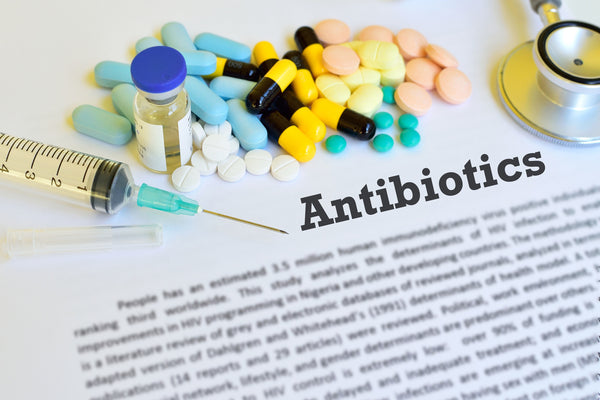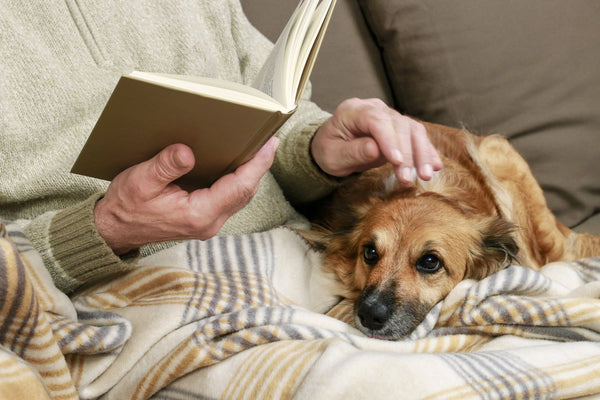Chocolate Toxicity & Other Foods Harmful to Dogs
Valentine’s Day is almost here and it is often celebrated with a gift of chocolate for your sweetheart. It is important to remember that you should never give chocolate to your dog or leave it where your dog can have access to it. Chocolate can be poisonous to dogs because it contains the related chemicals caffeine and theobromine. At lower doses, chocolate can cause vomiting and diarrhea, but at higher levels it can affect the heart, cause tremors/seizures and even death.
The amount of theobromine contained in chocolate varies with the type of chocolate. Baking chocolate contains higher amounts than semi-sweet chocolate, which contains more than milk chocolate. Another important variable is the weight of your dog. Little dogs are much more susceptible and ingestion of small amounts can result in toxicity. If you ever suspect that your dog has eaten chocolate, you should contact your veterinarian immediately.
Other foods that can be harmful to your dog include macadamia nuts, grapes, raisins, xylitol (found in some sugarless gums, toothpaste and some types of peanut butter), rising bread dough, and large quantities of onions and garlic.
Some dogs are more likely than others to get into things that they shouldn’t. Knowing which foods or substances can be harmful to your pet is important for preventing toxicities. But there are also dogs who are sensitive to even slight changes in the diet. One of the factors at play here is the gut microbiome. A healthy microbiome contains an abundant population of beneficial bacteria that crowd out harmful bacteria and promote gut health. While you can’t guarantee that your pet won’t get into things they shouldn’t, ensuring that your dog has a healthy gut microbiome by including prebiotics in their diet is one way to optimize gut health and help to avoid gastrointestinal upsets.




Dr. Susan Hore, DVM
Author